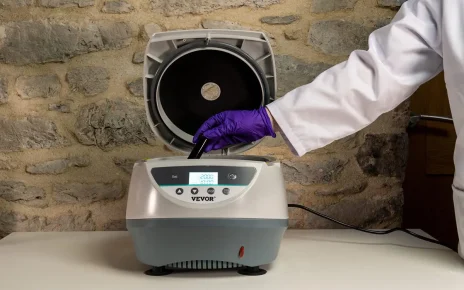Imagine your immune system as an overzealous security guard—one that mistakes your own body for an intruder. That’s autoimmune disease in a nutshell. And for decades, treatment has been a one-size-fits-all approach. But precision medicine? It’s flipping the script.
What Exactly Is Precision Medicine?
Precision medicine isn’t just a buzzword—it’s a game-changer. Instead of throwing the same treatments at everyone, it tailors therapy based on your unique genetics, environment, and lifestyle. Think of it like a custom-tailored suit versus off-the-rack. One fits perfectly; the other… well, you know.
How It Works for Autoimmune Conditions
Autoimmune diseases—like rheumatoid arthritis, lupus, or Crohn’s—are notoriously unpredictable. What works for one person might do nothing for another. Precision medicine digs deeper, using tools like:
- Genetic testing to identify risk markers
- Biomarker analysis to track disease activity
- Microbiome profiling (yes, your gut bacteria matter)
- Advanced imaging to catch early changes
It’s not just about treating symptoms—it’s about predicting flares before they happen.
The Big Wins So Far
Let’s be real: precision medicine isn’t magic. But the progress? Pretty darn exciting. Here’s where it’s making waves:
1. Rheumatoid Arthritis (RA)
RA used to mean trial-and-error with brutal side effects. Now, genetic testing can predict who’ll respond to drugs like methotrexate or biologics. Some clinics even use AI to analyze joint ultrasounds—catching damage before it’s visible on X-rays.
2. Lupus
Lupus is a master of disguise, but precision tools are unmasking it. Blood tests now detect specific autoantibodies, helping doctors choose between immunosuppressants or newer targeted therapies. No more guessing games.
3. Inflammatory Bowel Disease (IBD)
For Crohn’s and ulcerative colitis, stool tests analyze gut bacteria diversity. Low diversity? That might mean a higher chance of flare-ups. Some patients get personalized probiotic plans—way better than popping random supplements.
The Hurdles (Because Nothing’s Perfect)
Sure, precision medicine sounds amazing—but it’s not without challenges:
- Cost: Genetic tests and specialized treatments aren’t cheap (yet).
- Access: Rural areas often lack the tech or specialists.
- Data overload: Doctors need training to interpret complex results.
- Ethics: Who owns your genetic data? Insurance implications?
Still, as tech gets cheaper and awareness grows, these barriers are shrinking.
What’s Next? The Future Looks… Personal
We’re on the brink of a healthcare revolution. Imagine:
- Wearables that alert you to immune activity spikes
- AI-driven treatment plans updated in real-time
- Gene editing (like CRISPR) to “turn off” faulty immune responses
Far-fetched? Not really. Trials are already underway.
Final Thought: A Shift in Mindset
Precision medicine isn’t just about fancy tech—it’s a whole new way of thinking. Instead of “managing” chronic autoimmune diseases, we’re inching toward outsmarting them. And that? That’s worth getting excited about.




